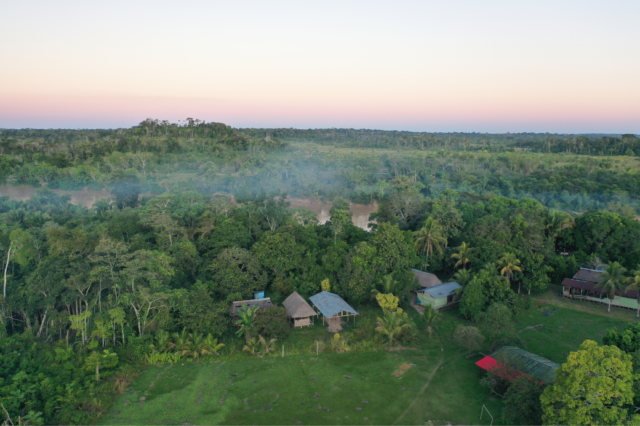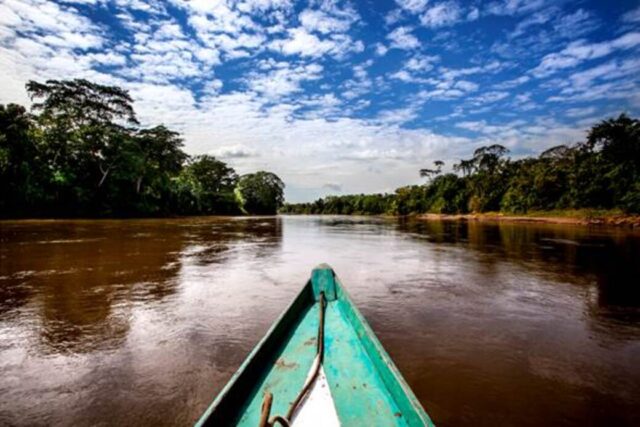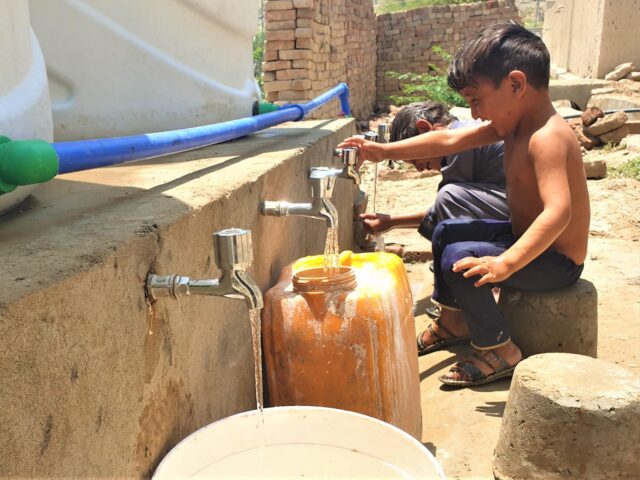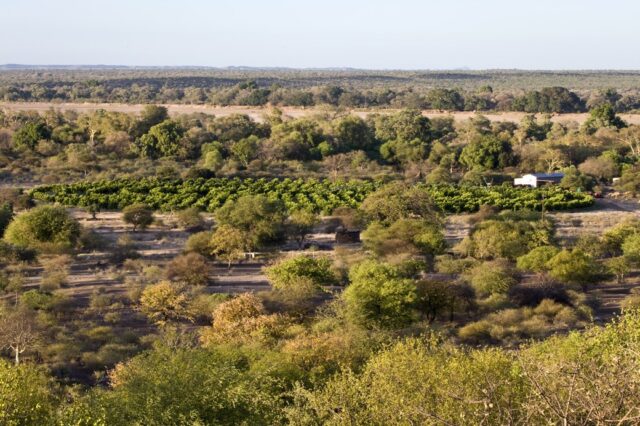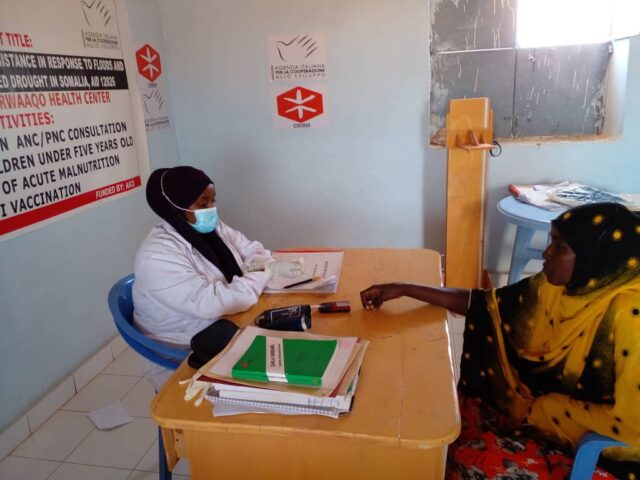The wealth of natural resources is precious for the productive and economic development of countries in the southern hemisphere.
Sustainable development and respect for biodiversity are the criteria with which Cesvi has always worked with local communities in South America, Africa and Asia, so that they may strive for a development which respects their own land in harmony with the immediate environment.
Promoting sustainable development, guaranteeing environmental protection and correctly managing natural resources are some of the key principles Cesvi follows. One of our fundamental priorities has always been attention to the environment and the development of community in cross-border regions – Great Limpopo Park on the border between South Africa, Zimbabwe and Mozambique and the MAP (Madre di Dios, Acre, Pando) area between Brazil, Peru and Bolivia – where the wealth of natural resources is a lever on which to build the development and future of entire populations.
Our approach calls for fundamental research activities to acquire in-depth scientific knowledge of the environment as well as the local social, cultural and economic context. This enables us to find sustainable, lasting and technically adequate solutions to the environmental problems. Likewise it is necessary to work in close contact with the native communities and the local institutions, on the one hand to acquire knowledge, understanding and traditional practices, on the other to raise their awareness about respect of resources and to reinforce their skills in terms of self-sufficiency in the sustainable management of the territory.
Our projects also include:
- training courses: to strengthen the skills of the communities and the local institutions;
- promotion of community participation: to encourage decision making and to introduce management systems of environmental resource and of appropriate environmental protection in the territory;
- small scale economic development projects: to identify and promote economic activities related to the environment that create income for the local communities;
- building of rural infrastructure: to meet the needs of the poorest social groups living in the eco-sustainable development project areas.
